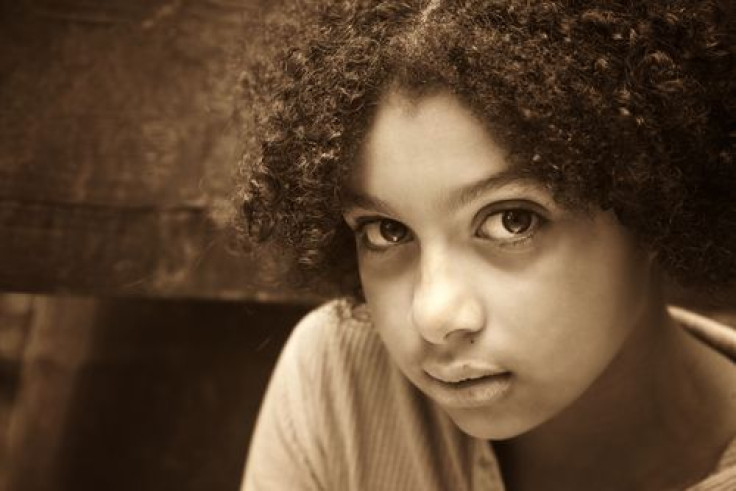12% Of US Children Have Faced Maltreatment; Black Children Account For The Highest Number

Maltreatment in any form can affect a child tremendously. One in eight American children under the age of 18 has experienced some sort of maltreatment — this is most prevalent among black children and Native American children.
According to a news release, researchers from Yale University used data from National Child Abuse and Neglect Data System Child File, which includes information on all U.S. children with a confirmed report of maltreatment. It totaled more than 5.6 million children from 2004 to 2011. Looking back at the rates up until 2011, 12.5 percent of children in America will experience a case of maltreatment, which could include neglect — physical, social, and emotional. During the first few years of life, the risk for maltreatment is higher — 2.1 percent of children have a confirmed case by the time they are 1 year old and 5.8 percent by the time they are 5.
“The big thing this study will provide is that it tells us child maltreatment is a bigger problem than we thought of before,” study author Dr. Christopher Wildeman of Yale University told Medical Daily. He says that the data that has been used to previously study this only looked at the records for a single year, which gave a lower percentage. What their studies show is a much higher percentage, showing a greater need to address this issue.
“For some children, it’s an incredibly common event. Twenty to 25 percent of black children will have a child maltreatment,” Wildeman said. The effects of child maltreatment could include impaired lifelong physical and mental health. This could in turn slow a country's economic and social development, according to the World Health Organization.
The information in this study is heavily weighted on neglect. “Neglect is about 75 percent in this data, which makes it easy to write off, but the neglect that children are experiencing is pretty severe,” Wildeman said.
Neglect might seem harmless, but it plays a big role in the development of a child. The Joyful Heart Foundation, which is an organization that advocates against domestic violence and sexual assault, found that neglect can lead to developmental problems and mental health issues such as anxiety, depression, dissociation, difficulty concentrating, academic problems in school-aged children and adolescents, and a number of other issues.
Wildeman believes that there are ways to implement social policies to combat this issue. “If you look at a country like Denmark, there’s a nurse home visiting program,” he said. “A nurse comes through the house periodically and helps parents on how to manage their children.”
He also points out that neglect is common among families with less income and without resources to get help.



























